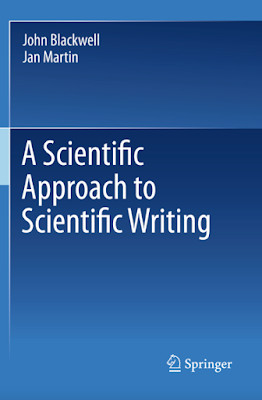This guide provides a framework, starting from simple statements, for writing papers for submission to peer-reviewed journals. It also describes how to address referees’ comments, approaches for composing other types of scientific communications, and key linguistic aspects of scientific writing.
Essential Steps Before Writing a Paper
Having completed a study and acquired all the data required to present it, you are ready to begin preparing a paper. However, before beginning to write, you have to take several critical preliminary steps: Your notes must be gathered, a suitable place for writing must be found, a selective literature review may be helpful, a target journal must be identified, linguistic limitations must be recognized, the study must be defined and delimited, and the information must be arranged. Failure to take these steps will make writing more difficult and seriously compromise the chances of publication. Therefore, this chapter outlines what needs to be done in each of these steps.
Read more: A Scientific Approach to Scientific Writing
Download here: 1. www.victoria.ac.nz;


